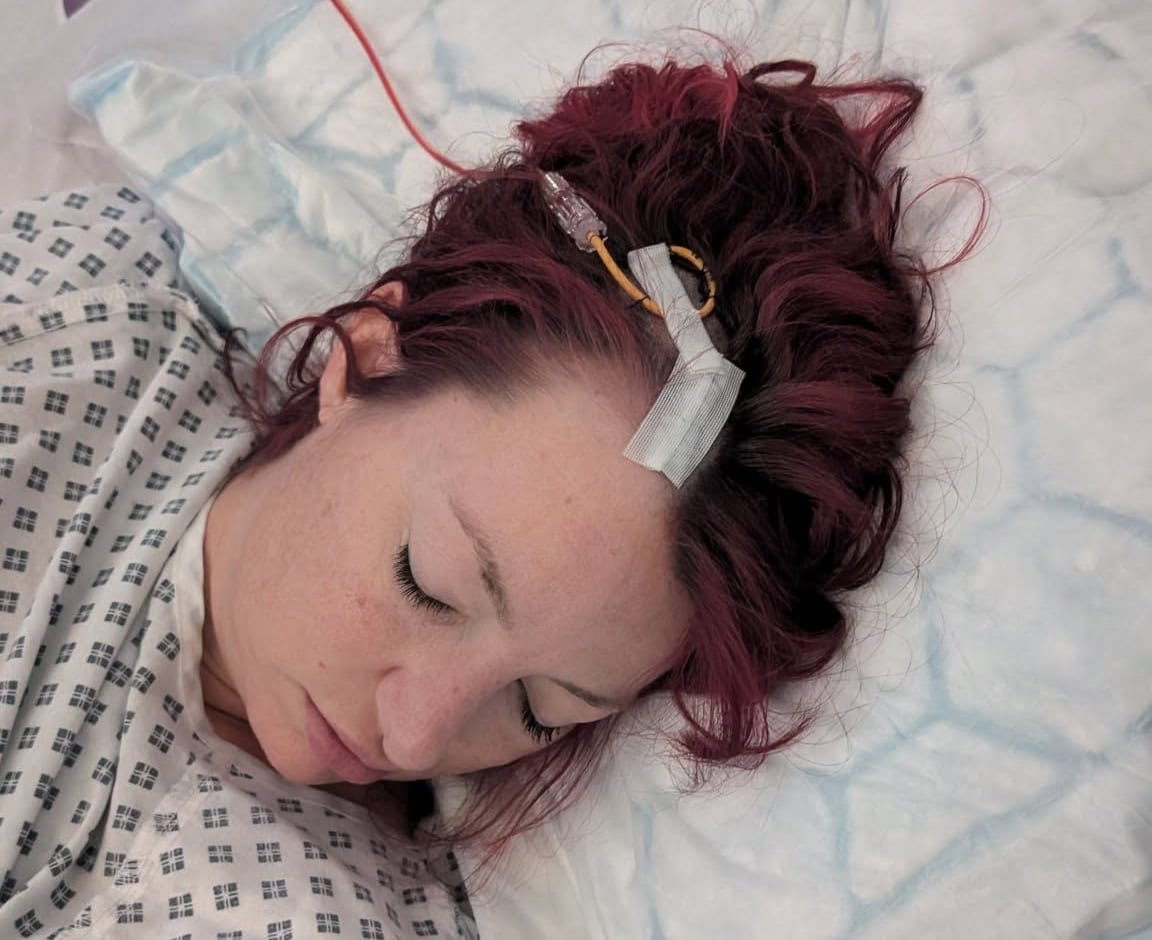A heartfelt social media post from the fiance of Charlene Duncan has brought attention to what he describes as a major issue with emergency transport between the Isle of Wight and the mainland.
Stewart Woodward explains that Charlene, a well-known performer on the Island, recently faced a life-threatening health crisis. The situation underscored significant challenges in the provision of emergency ferry services during critical situations.
A frightening ordeal
Two weeks ago, Stewart says that Charlene was rushed to St Mary’s Hospital late at night. Medical staff determined that her best chance of survival required urgent transfer to Southampton General Hospital.
Severe weather conditions made helicopter transport impossible. The Air Ambulance and Coastguard helicopters could not operate, leaving only ferry services as an option.
A long and uncertain wait
Instead of a quick ten-minute flight across the Solent, Charlene and Stewart endured what he described as an “agonising four-hour wait.” No vehicle ferries were operating at that time, and the hospital was unable to secure a place for Charlene on the first ferry.

The first available Wightlink ferry, at 4am, was used to transport Charlene, after which an ambulance “blue-lighted” her from Portsmouth to Southampton. Stewart described the wait as harrowing, saying,
“We were told that she might not live, or may be left with serious disabilities.”
A call for change
In his post, Stewart criticised the ferry operators, Red Funnel and Wightlink, stating he believes that they are “serving their shareholders” rather than the needs of the Island’s residents. He questioned why a 24-hour emergency ferry service could not be established through cooperation between the operators.
Calling for the community to unite in demanding better service, he urged,
“This needs to be addressed NOW before someone loses a loved one.”
Recovery and reflection
Thankfully, Charlene is now recovering, but Stewart said he believed that her journey to recovery is “no thanks to either Solent operator”.
He ended his post by encouraging Island residents to share his message widely, emphasising the need for urgent action to ensure no one else faces the same ordeal.
This story shines a light on the critical role of transport services in emergency healthcare and the need for improvements to ensure the safety and well-being of Isle of Wight residents.





